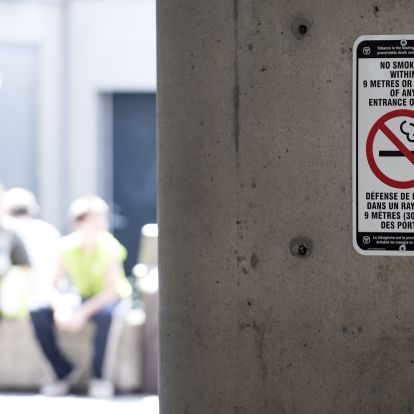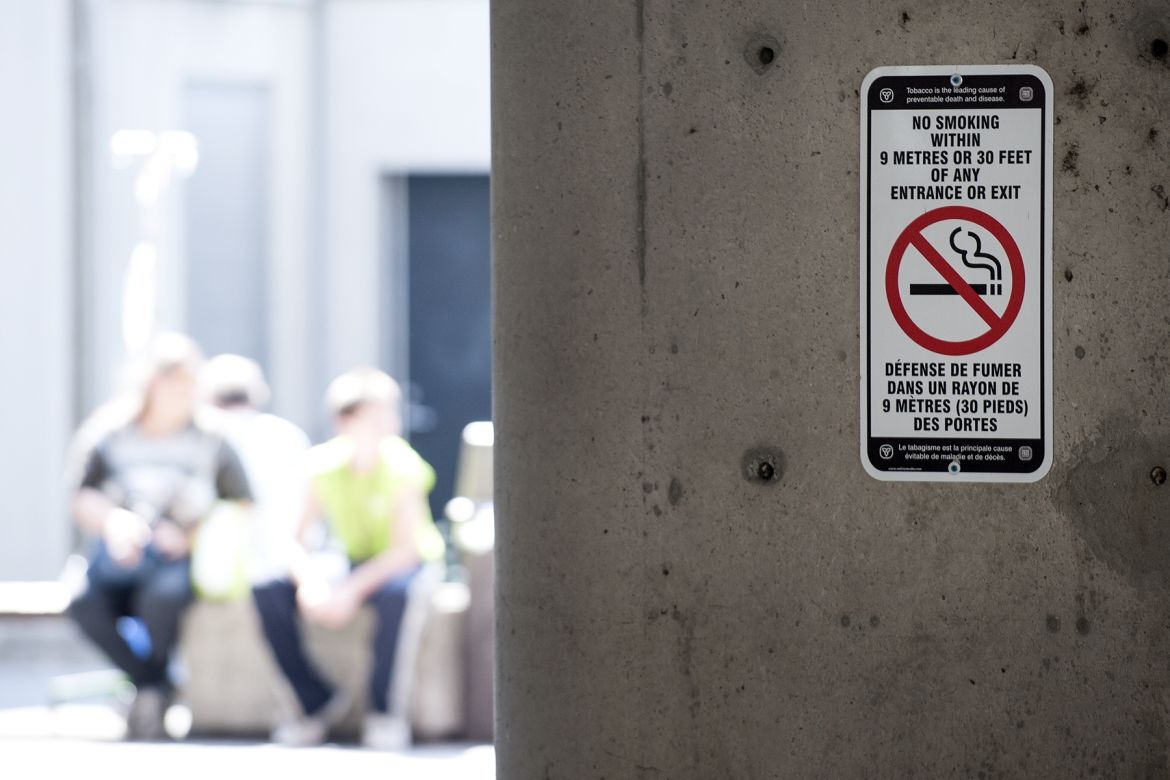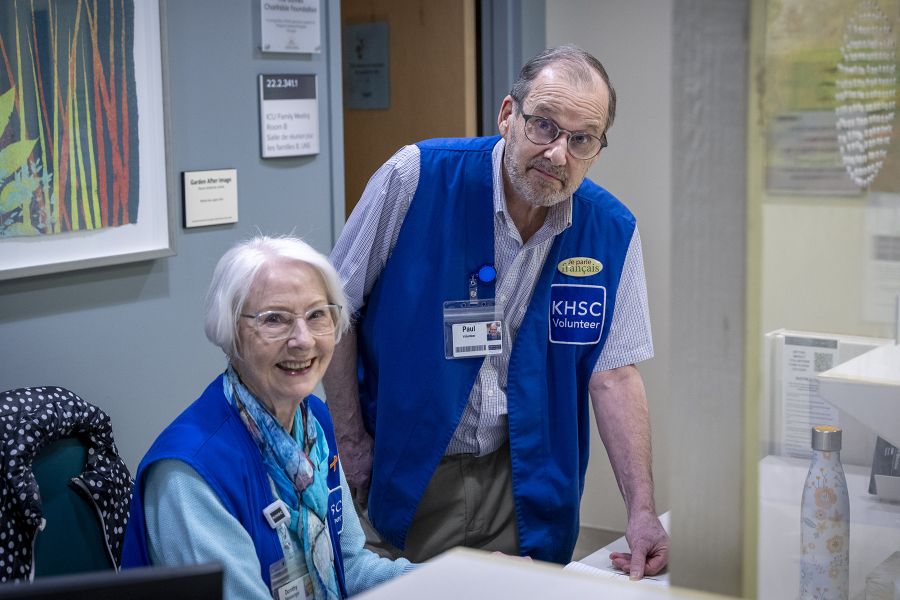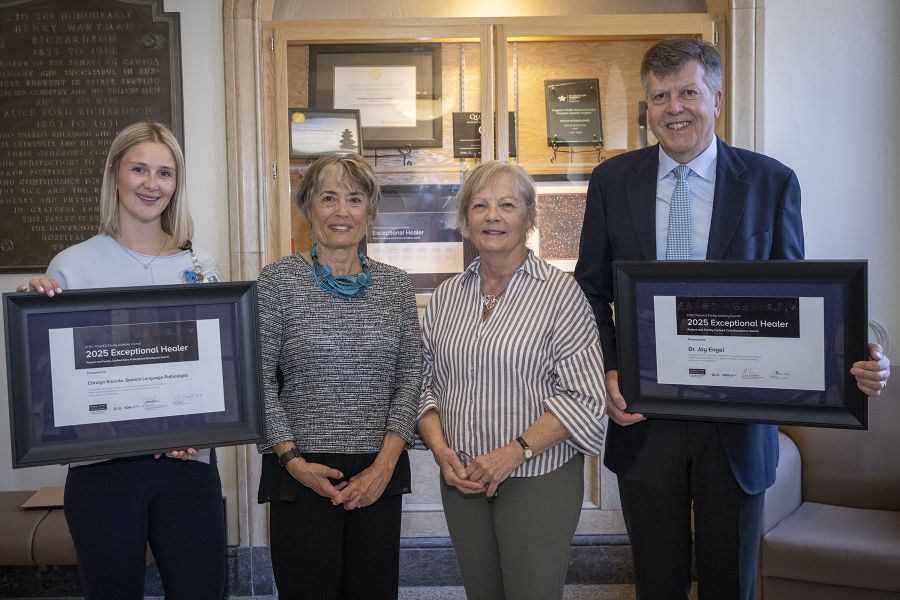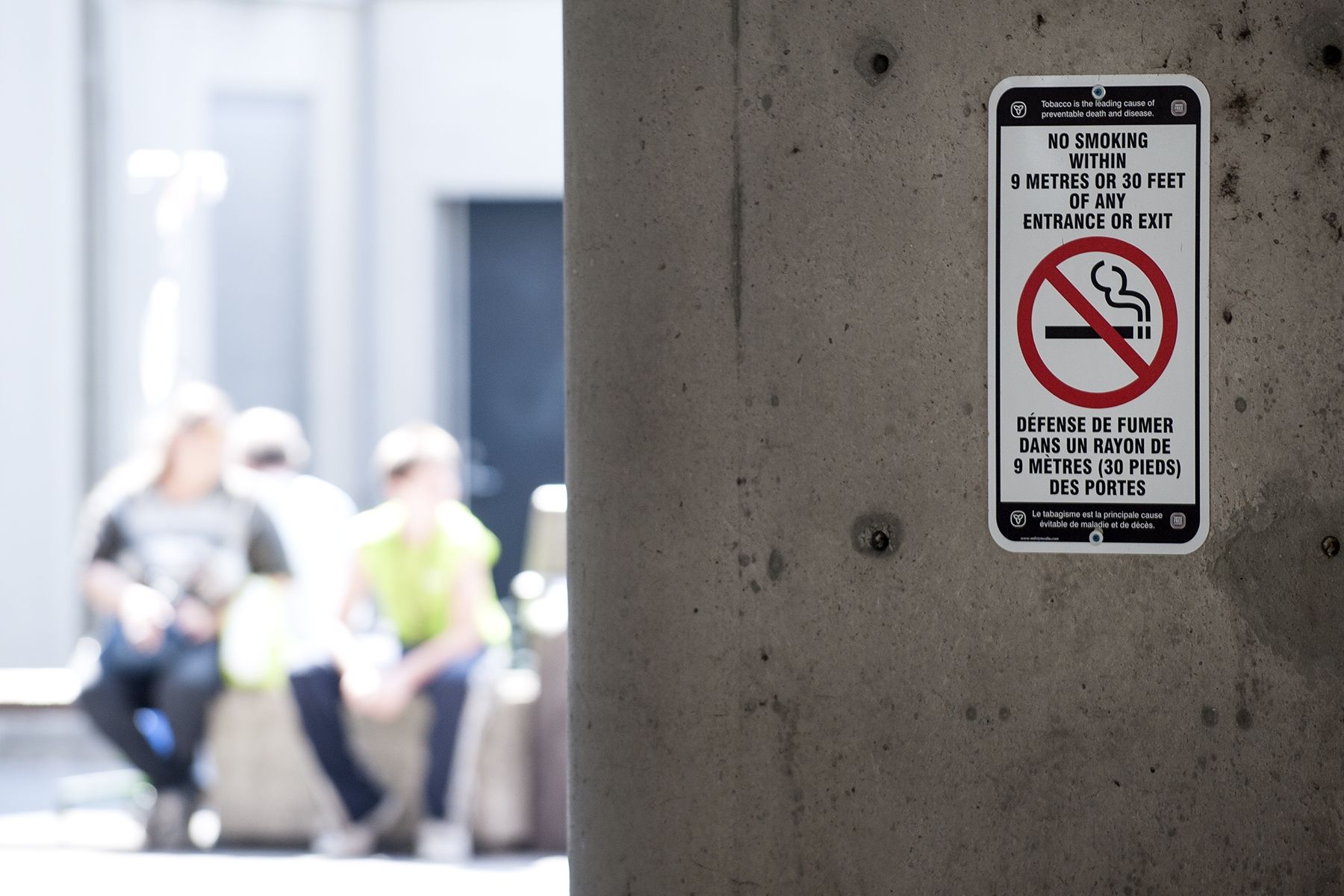
Making the decision to quit smoking and remain smoke-free is not easy. Nicotine is an extremely addictive substance. But research shows that having the support of a health-care practitioner can significantly increase success rates.
"When a patient is in hospital they are usually more motivated to quit smoking," says our Smoking Cessation Coordinator Leslie Wall. "During hospitalization patients are in contact with health professionals across several disciplines who can offer them the support they need. Having to physically leave the building to smoke often leads to prolonged periods of abstinence and that also contributes to a patientís confidence to quit". Wall says the first step in the process is to identify patients who smoke as a standard practice. Once a smoker is identified the patient's level of addiction can be assessed and the appropriate treatment offered. Treatment includes pharmacotherapy, counselling, and support on discharge. Kingston General Hospital is linked with the Ottawa Model for Smoking Cessation (OMSC). The OMSC provides best practice guidelines for both healthcare professionals and institutions regarding tobacco dependence. Wall says nurses are in a prime position to identify and help smokers. "We spend so much time with patients developing a therapeutic relationship. Quitting smoking is the most cost-effective intervention in medicine today, and the health benefits to a patient who quits smoking are huge." But patients aren't the only ones who can benefit. Assistance is also there for KGH employees who are interested in quitting via the hospital's Occupational Health and Safety Department. Staff in Occupational Health can provide counselling and arrange a consultation with the occupational physician to assist with the quit attempt. Wall stresses that smokers shouldn't get discouraged if they have tried to quit smoking and relapsed, pointing out that smokers often make four to ten quit attempts before becoming smoke-free. She says each time a quit attempt is made the smoker can learn something from the attempt. "Smoking is an addiction. It's a chronic illness and only three to five per cent of people can quit on their own. Getting the right support is a crucial factor in becoming smoke-free." With tighter rules and increasing regulations surrounding smoking in public places, the City of Kingston and KGH are both reviewing their current rules and regulations to ensure that they have appropriate smoking policies in place.

